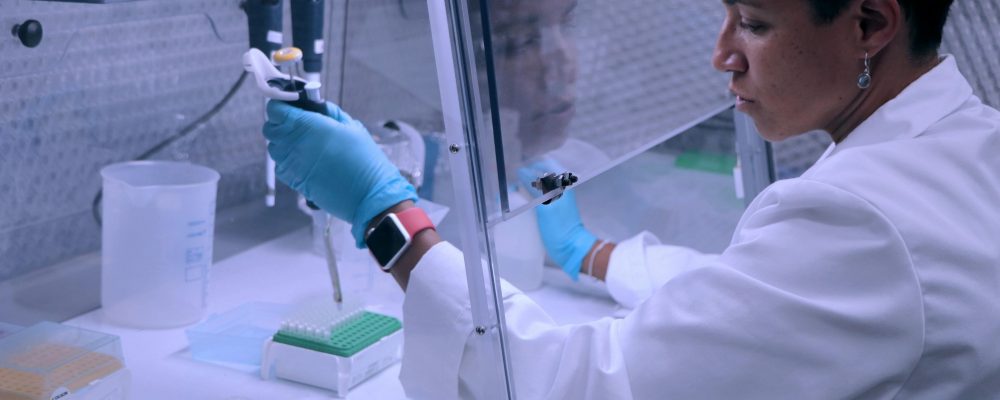A new study at NYU Abu Dhabi (NYUAD) reveals that incense burning is associated with differential composition of the oral microbiota, which could result in detrimental effects to human oral health, by potentially increasing the probability of oral infections and systemic diseases.
Incense burning is an ancient practice and is often used as part of religious ceremonies, or aromatizing homes and public spaces. Within the UAE, burning incense is commonly used to perfume houses and clothing and is reported to be used in at least 90 percent of households [Full citation below].
Past research has shown that the practice of burning incense circulates air pollutants, and that its use is related to increased risks of cardiovascular and lung disease. Incense smoke contains high concentrations of pollutants such as carbon monoxide and nitric oxide, both of which are also detected in tobacco smoke.
Lead author of the study, Lecturer of Genetics at The University of the West Indies, Barbados Yvonne Vallès, commented: “For the first time we are showing an association between incense use and changes in microorganism composition that inhabit the oral cavity. Although this is a preliminary analysis, it is nonetheless an important finding with potential health implications.
“We are hoping with the new data that we are gathering from the project to test for causation, that it is the exposure to incense smoke causing the changes observed. There seems to be a significant lack of awareness among the public. Even more concerning, there are no policies in place to regulate the use of incense, particularly in public spaces.”
In this study, the composition of the oral microbiota of over 300 Emirati adults was determined by using a specific gene present in all bacteria from mouthwash samples. The frequency of incense use by the participants was assessed by a questionnaire.
The study’s survey of incense use ranged from never (6.6 percent) to occasional (24.1 percent), frequent (33.7 percent) and daily (35.6 percent), revealing that diversity of the oral microbiota was significantly increased in daily incense users when compared to those that never use it.
By comparing non-incense users to incense users, the study revealed that burning incense is associated to changes in the diversity, structure, and composition of the oral microbiota, even when the user gets exposed to low levels of incense, as is in the case of occasional users, implying that low exposure can have adverse effects on health.
This is an important finding, as the microbial community in the mouth plays an essential role in maintaining homeostasis, which is the body’s ability to maintain a stable internal environment, despite changes in external conditions, and its disruption can have dire health consequences.
Director of NYUAD’s Public Health Research Center Raghib Ali commented, “This is an important first step in understanding how incense may affect human health but to really understand how it may contribute to common chronic diseases amongst Emiratis – and we need to continue to study the UAE population over many years.”
The study was co-authored by 28 researchers from different universities and organizations, including NYUAD, NYU in New York, Cleveland Clinic in Abu Dhabi, Khalifa University of Science and Technology, Zayed University, UAE University, Zayed Military Hospital, Sheikh Khalifa Medical Center, SEHA, and The University of the West Indies in Barbados.
Researchers from NYUAD’s Public Health Center who were involved in the study include Associate Director of NYUAD’s Public Health Center Abdishakur Abdulle; Director and Principal Investigator Raghib Ali; along with the researchers Yvonne Vallès, Claire K. Inman, Divya Galani, Clinical Research Nurse Muna Haji, Manager of Public Health Research Aisha Al Hamiz, Research Coordinator Ayesha Al Hosani and Principal Investigator Scott Sherman.
To date, over 7,000 UAE Nationals have signed up to take part in the UAE Healthy Future study, which has an aim of reaching 20,000 by March 2021. To learn more about the study or to book an appointment, visit http://uaehealthyfuture.ae




